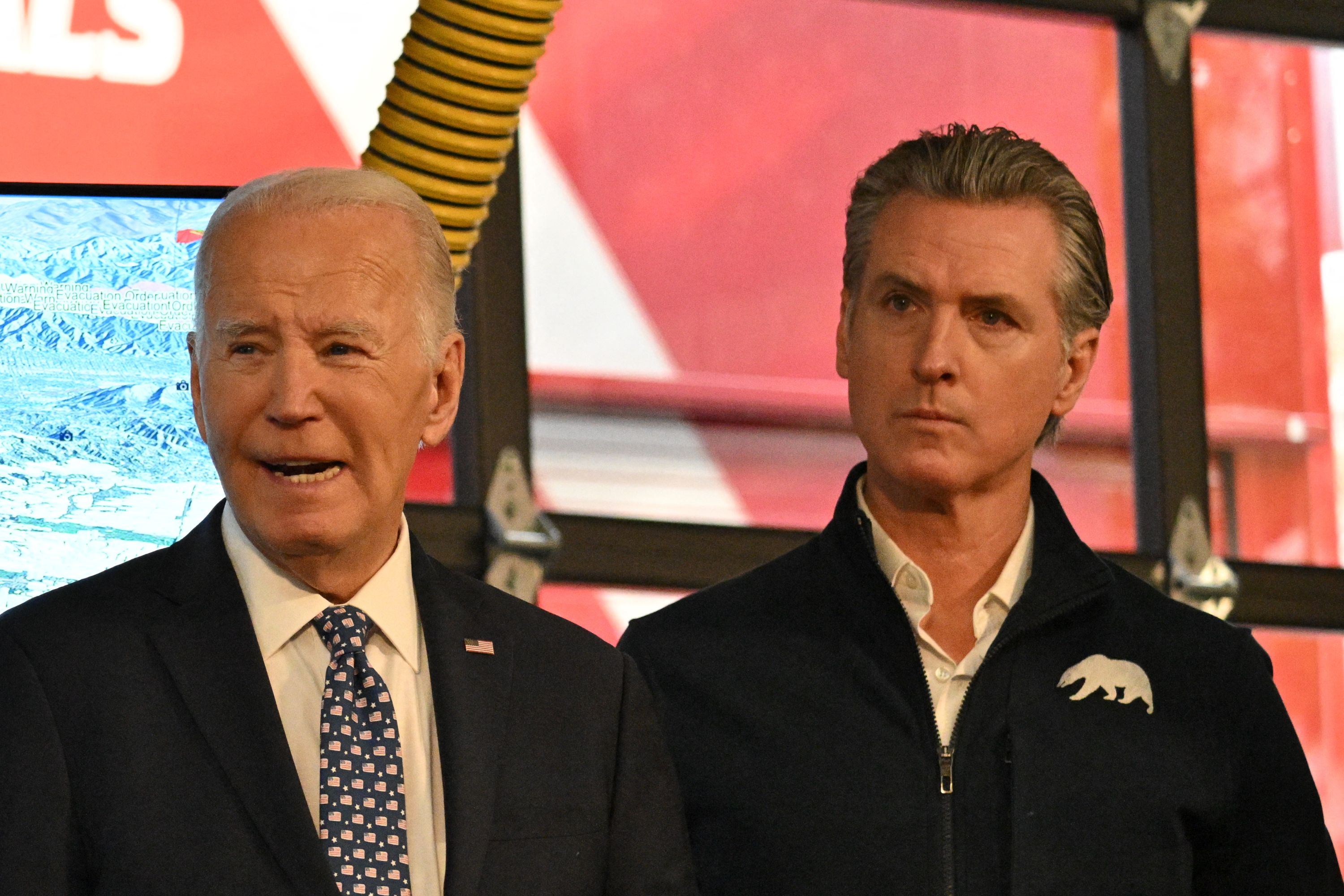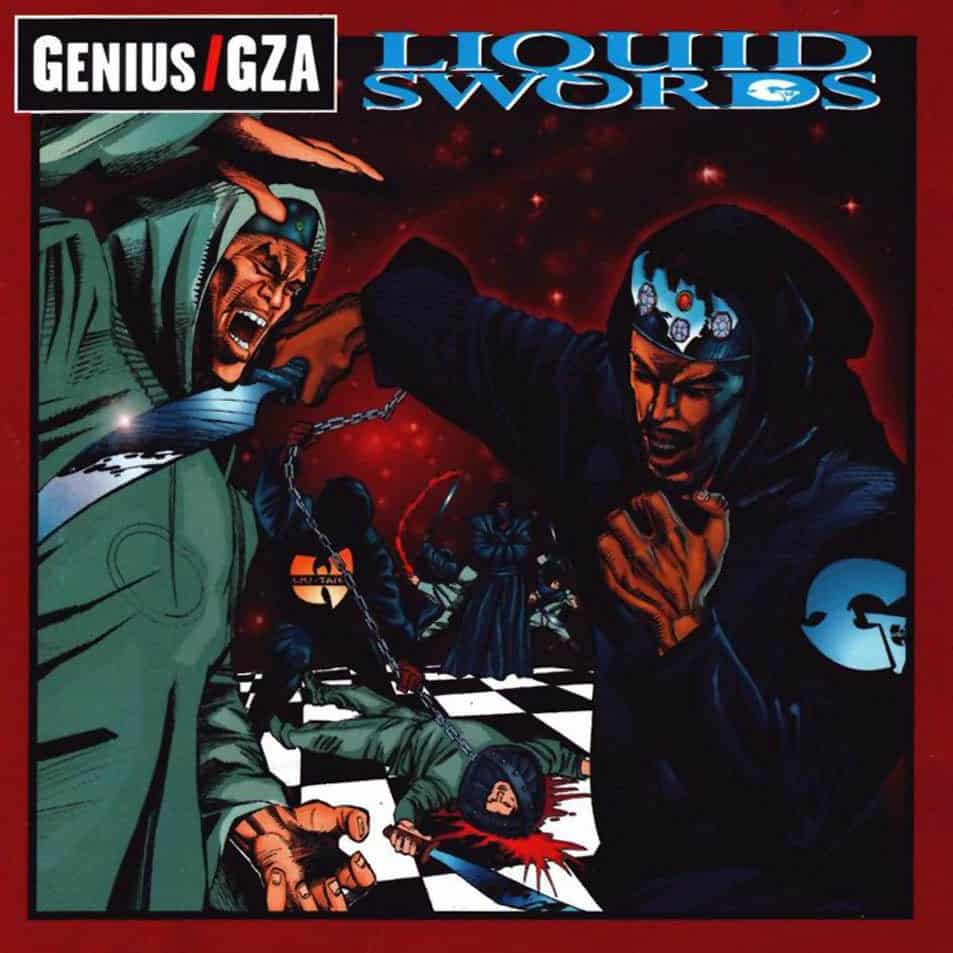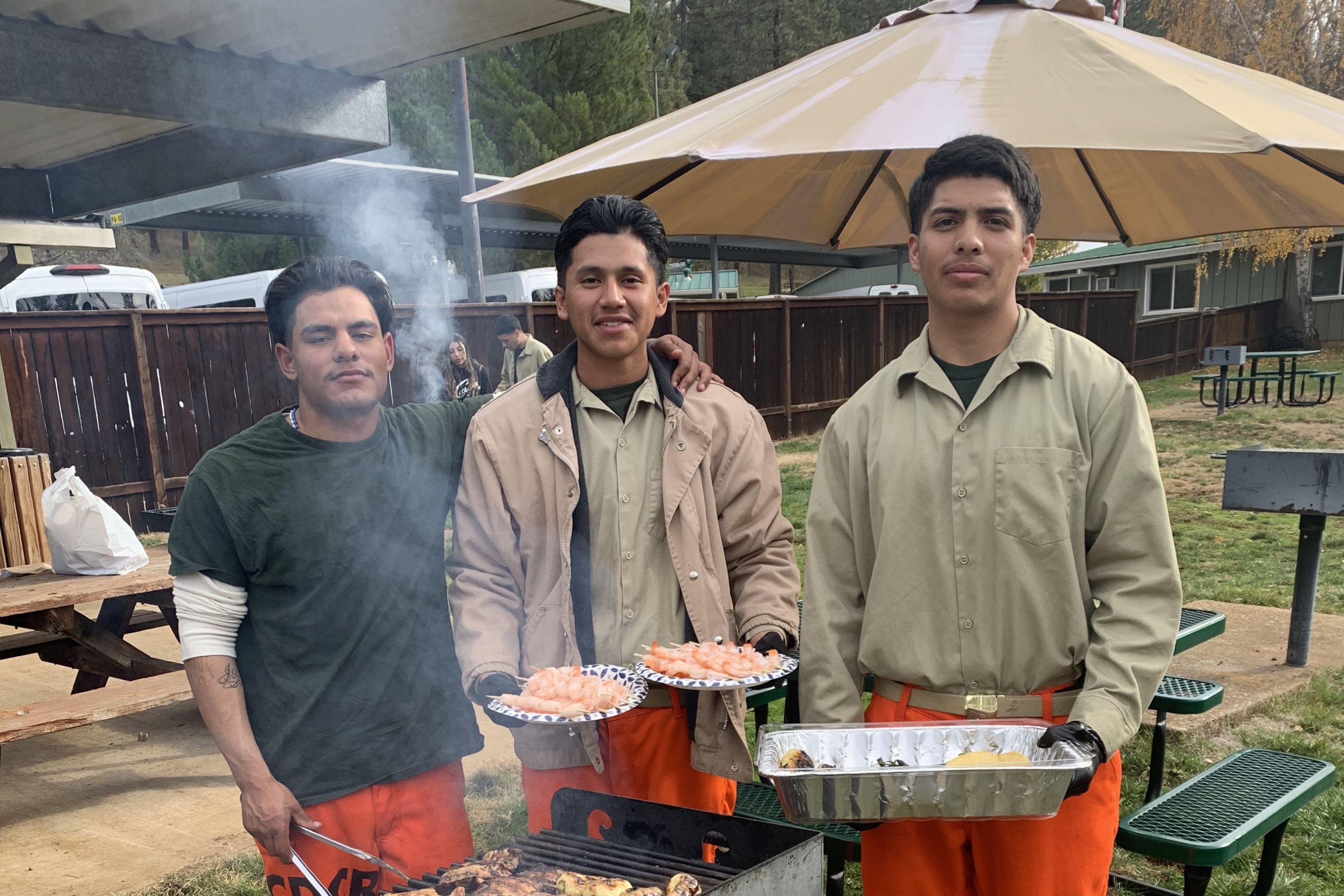There has been an increase or a record number of killings in a growing number of Caribbean islands this year, fueled by guns smuggled from the United States, according to a report by The Associated Press (AP).
Caribbean countries don't manufacture firearms or ammunition nor do they import them on a large scale, but these nations do account for half of the world's top 10 highest national murder rates, said U.S. Senator Chris Murphy, a Connecticut Democrat.
The Turks & Caicos Islands recently reported a record 40 killings this year.
"Rest assured, we remain committed to disrupting the flow of illicit guns," Police Superintendent Jason James said.

How Many Guns Seized From the Caribbean?
The U.S. Bureau of Alcohol, Tobacco, Firearms and Explosives (ATF) traced firearms seized in the Caribbean.
In 2023, 266 firearms seized in the Bahamas were submitted to the ATF, according to the agency's most recent data. Meanwhile, 234 firearms were seized from Jamaica, 162 from the Dominican Republic and 143 from Trinidad and Tobago, the data says.
The majority of these firearms are handguns, then semiautomatic pistols.
Gun Violence in the Caribbean
The Bahamas has so far reported a 23 percent increase in killings compared to last year. As of early October, the Bahamas has seen 90 killings this year. However, overall crime is down, according to government statistics.
Jamaica has one of the world's highest homicide rates among countries with reliable statistics. The homicide rate in the Caribbean country is 53.3 per 100,000 people. Police statistics show that 960 people were reported killed in Jamacia this year as of November 2. While this is almost a 20 percent decrease from last year, violence is still prevalent in the country.
In Trinidad and Tobago, there have been 518 killings this year as of late October, compared with the 468 killings last year.
Haitt is the Caribbean nation hardest hit by smuggled firearms that aid gangs who control 85 percent of the capital of Port-au-Prince.
"Despite the strengthening of the arms embargo measures, arms trafficking continues unabated," according to a U.N. Security Council report from late October. "Gangs have been increasingly procuring larger caliber weapons, resulting in more damage and a posing greater challenge to the police and the (U.N.-backed) mission."
Jamaica has passed anti-gang legislation while the Turks & Caicos Islands approved a law in early October that allows authorities to offer immunity or reduced sentences to those who provide important information about a crime.
Police in Jamaica, Trinidad and Tobago and the Turks & Caicos Islands did not respond to repeated requests for comment by the AP.
Michael Jones, executive director of the Implementation Agency for Crime and Security at Caricom, a Caribbean trade bloc, said that gunmen are using higher caliber weapons and becoming more brazen.
"You have some who are so bold as to walk up to an individual, put the gun to their head, and walk away," he said.
Jones said gangs are franchising across the Caribbean. Gunmen sometimes travel to a certain island to commit a crime and then leave, he said.
Gangs are also preying on young people because they lack opportunities, according to Jones.
What Is the United States' Response?
In late September, New York Attorney General Letitia James and 13 of her colleagues across the nation demanded new measures to stop the flow of guns.
According to the letter, 90 percent of weapons used in the Caribbean were bought in the U.S. and smuggled into the islands.
"American-made guns are flowing into Caribbean nations and communities and fueling violence, chaos, and senseless tragedies throughout the region," James wrote in the letter.
Meanwhile, the U.S. government appointed its first coordinator for Caribbean firearms prosecutions in mid-2023 to help limit weapon smuggling from the U.S. to the islands.
This article includes reporting from The Associated Press.




















 English (US) ·
English (US) ·